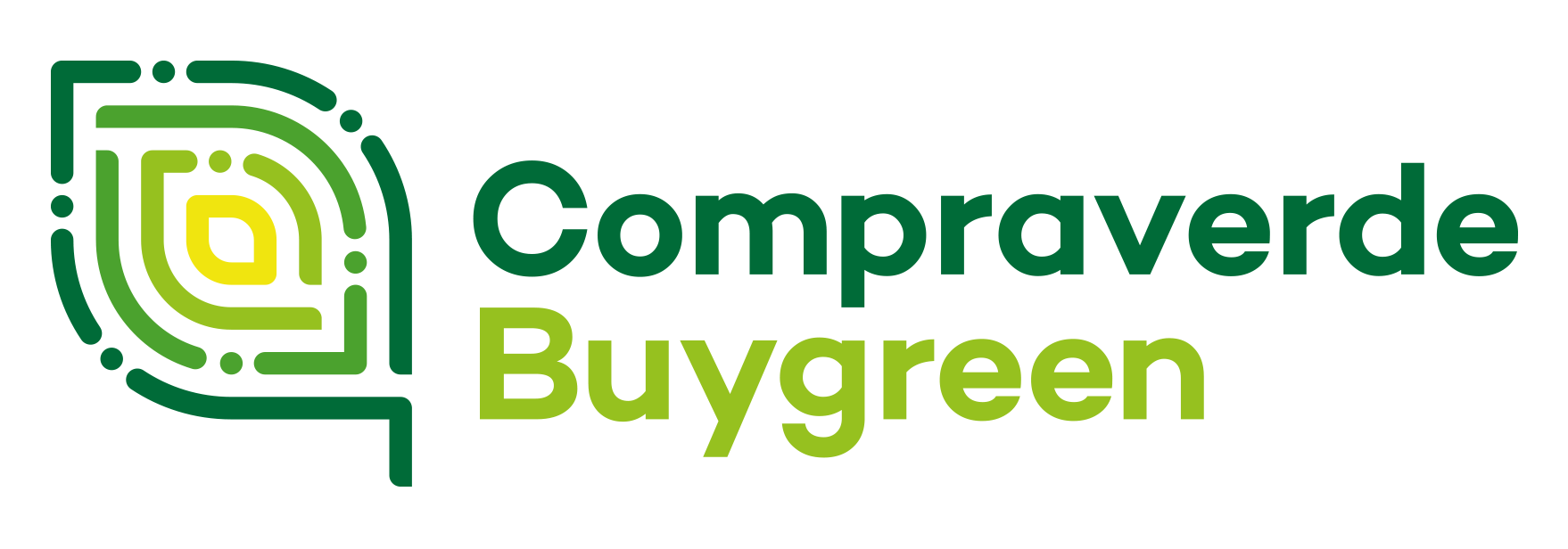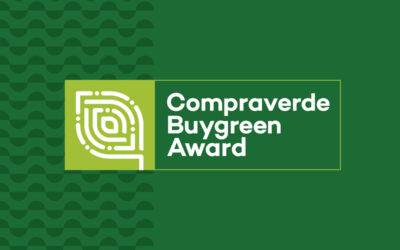After the vote in the Europarliament the final approval of the new rules against greenwashing lacks only the green light from the EU Council. This is a key law that represents a first step in eradicating the practice of greenwashing and providing transparency to consumers. The next steps are publication in the Official Journal and transposition by member states within 2 years.
The goal is to protect consumers from deceptive practices and help them in their purchasing choices, thus, banning the use of misleading environmental claims, improving product labeling, and making warranty information more visible.
The new rules aim to make product labeling clearer and more reliable by banning the use of generic environmental claims such as “environmentally friendly,” “natural,” “biodegradable,” “climate-neutral,” or “eco” without documents and certifications to prove their truthfulness and substantiation.
The greenwashing directive prohibits claiming that a product has a neutral, reduced or positive impact on the environment if these results are linked to the use of emission offsetting systems.
The use of sustainability labels will also now be regulated, given the confusion caused by their proliferation and failure to use comparative data. In the future, only sustainability labels based on official certification schemes or established by public authorities will be allowed in the EU.
The directive is closely related to another proposed directive issued last year by the European Commission and now under consideration by the EU institutions: the one on green claims, which will be more focused on environmental claims and will define in detail criteria and conditions for their proper use.
Here is the new directive point by point.




